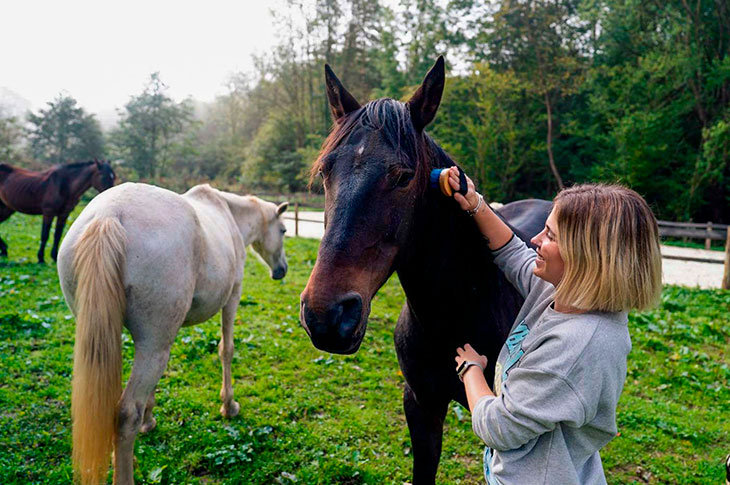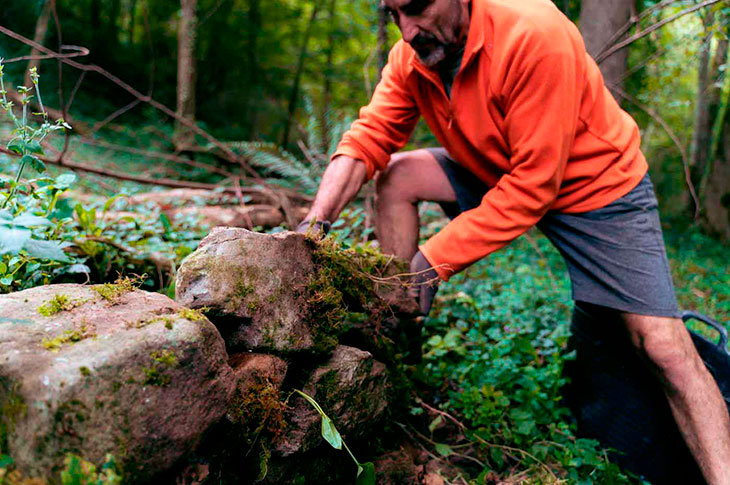15 experiences of regenerative tourism in Navarre
The "Positive Footprint" project allows visitors to contribute to the conservation of the region's natural and cultural environment.
Navarre, which has a strategic location between the Pyrenees and the Ebro Basin, and a surprising diversity of landscapes and climates, ranging from mountains and forests in the north to plains and vineyards in the south, has launched a regenerative tourism initiative. The "Huella Positiva" project offers 15 experiences designed for visitors to actively contribute to the improvement and conservation of the natural and cultural environment of this region located in northern Spain, which is both a traditional stop on the Camino de Santiago and a crossroads of influences between Europe and the Iberian Peninsula.

The activities proposed go beyond traditional sustainability, allowing tourists to get involved in community projects that seek to leave the destination in better condition after their visit. Among the proposals are the creation of oases for butterflies, the recovery of old trails, the construction of stone elements and the installation of nesting boxes for birds. The program is aimed at all types of travelers, without age or condition restrictions, and is developed in collaboration with rural lodges and local companies committed to the regeneration of the environment. Participants have the opportunity to integrate into the community, sharing ways of life and culture, and contributing to projects such as the revitalization of villages, the protection of biodiversity in forests and the promotion of sustainable agricultural practices.

"Huella Positiva" seeks to create a current of regenerative tourism in Navarra, fostering transformative experiences that generate a positive and lasting impact on both visitors and local communities. This innovative approach aims to position Navarra as a benchmark in responsible tourism, offering professionals in the sector new opportunities to attract an environmentally conscious and committed public.

